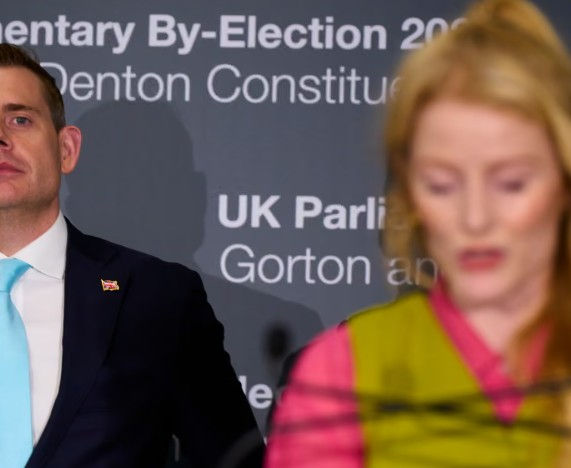Responding to the far-right: Where next?
- Sep 22, 2025
- 3 min read
Updated: Sep 29, 2025

Back in May, people took action against the far-right when an online call was made to take part in the so called great 'Great British Strike’.
Since then, we have seen anti-migrant demonstrations in Peterhead, Westhill (Aberdeenshire), Aberdeen, Perth, Falkirk and latterly Dundee. Often these have been focused on accommodation housing refugees.
September 20th saw city centre action take place in Glasgow.
These anti-migrant demonstrations have been met by counter events. These events have brought people from a wide range of backgrounds together, but a common feature has been the role of local trades union councils in organising the response. This follows a pattern established in recent years where trades union co-ordaining groups mobilised against the far-right and in support of refugees in Elgin, at Erskine and in Dumfries.
It is essential that trade unionists are central to showing solidarity, given their history of defending jobs and services. It is equally important that there is an ongoing sharing of learning across Scotland, and recently the STUC has contributed to facilitating this. The Dumfries experience, for example, included the value of making contact with refugees via those working with them in the voluntary sector. This allowed for practical solidarity to be organised.
Those who had come together ostensibly to protect women and children were challenged about their commitment to defending services for women and children and the wider community. Their aggression and audible chants of 'pedo', familiar from the previous week, were now drowned out by the dulcet amplified tones of Dolly Parton.
Hard questions remain. Many of our communities have faced the sharp end of austerity for years. We need to speak to all those willing to engage in a discussion in these places. The influence of the online far-right needs to be challenged. Individuals who can find their way from their current position of being attracted to the politics of division and resentment to stances of solidarity need to be supported to do so. Groups and agencies in our hardest hit communities need support to foster positive community relationships now. The campaign Scotland Demands Better, which enjoys the support of the STUC and other diverse organisations, might provide one route to doing this.
Published 22 September / updated 29 September 2025.
Amongst the responses and comments we have received on the wave of protests currently being orchestrated by cynical far-right activists, who are misleading working class people, and misdirecting their frustrations and concerns, and promoting racism, division and antipathy not only towards asylum seekers and refugees, but towards all racialised people, this thoughtful and considered piece from Erik Cramb:
In the early 1980s, my family and I lived in Kingston, Jamaica, one of the most violent cities on earth. When we arrived there we had three children, Margaret, age 8, Fiona just turning 5, and Donald age 3. Despite the numerous limitations on what they were allowed to do, thankfully none of the children had any dramatic incidents to contend with. But the aura of violence was never far away.
When we returned to Scotland in the summer of 1984, it was in the middle of a heatwave, yet for a few weeks as we adjusted, we were freezing! But Fiona, now 8 years old and normally a happy, bright and bubbly child had gone very quiet and would hardly let her mother out of her sight. When my wife Elizabeth sat her down to try to sort out what was wrong, Fiona told her that she was scared because our house in Edinburgh had no burglar bars on the windows, as was the norm in Kingston. She wanted to know, “How do you keep the bad men out?” She was also frightened that the police had no guns.. “How can they stop the bad men?”
If a little girl, with her parents and siblings was returning to her homeland and could be so unsettled, heaven knows what it must be like for refugee children leaving their fathers and brothers behind in their war-torn homelands. To say nothing of the cold climate and a strange language.
The rise of the forces that seeks to make our land a ‘hostile environment’ for migrant people is one of the worst blots on current British society. Do those keyboard warriors and placard waving crowds ever try to get inside the fear and bewilderment of immigrant children clinging to their mothers’ skirts?
Redemptively - many ordinary Scottish citizens have offered welcoming environments for refugees.
*



